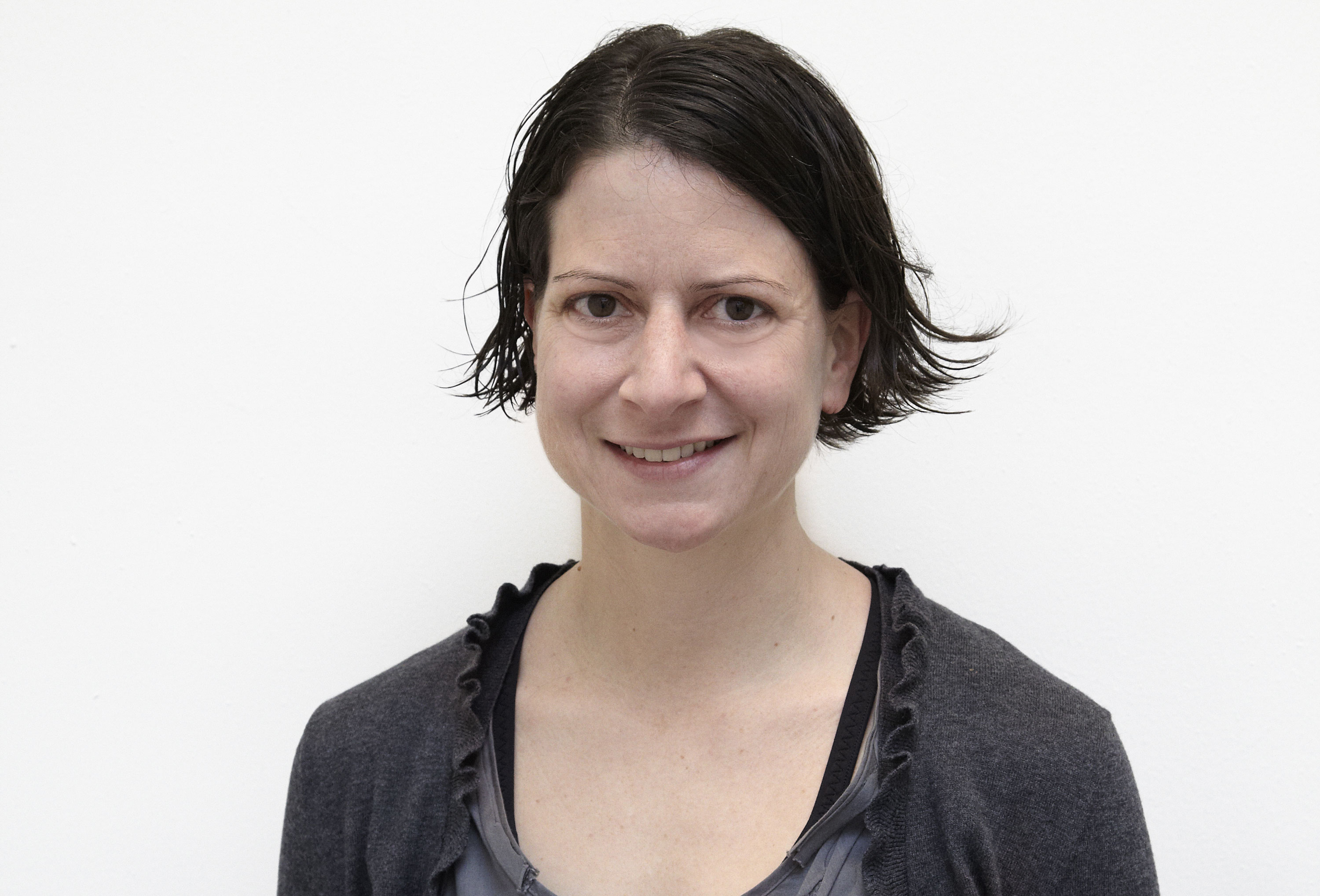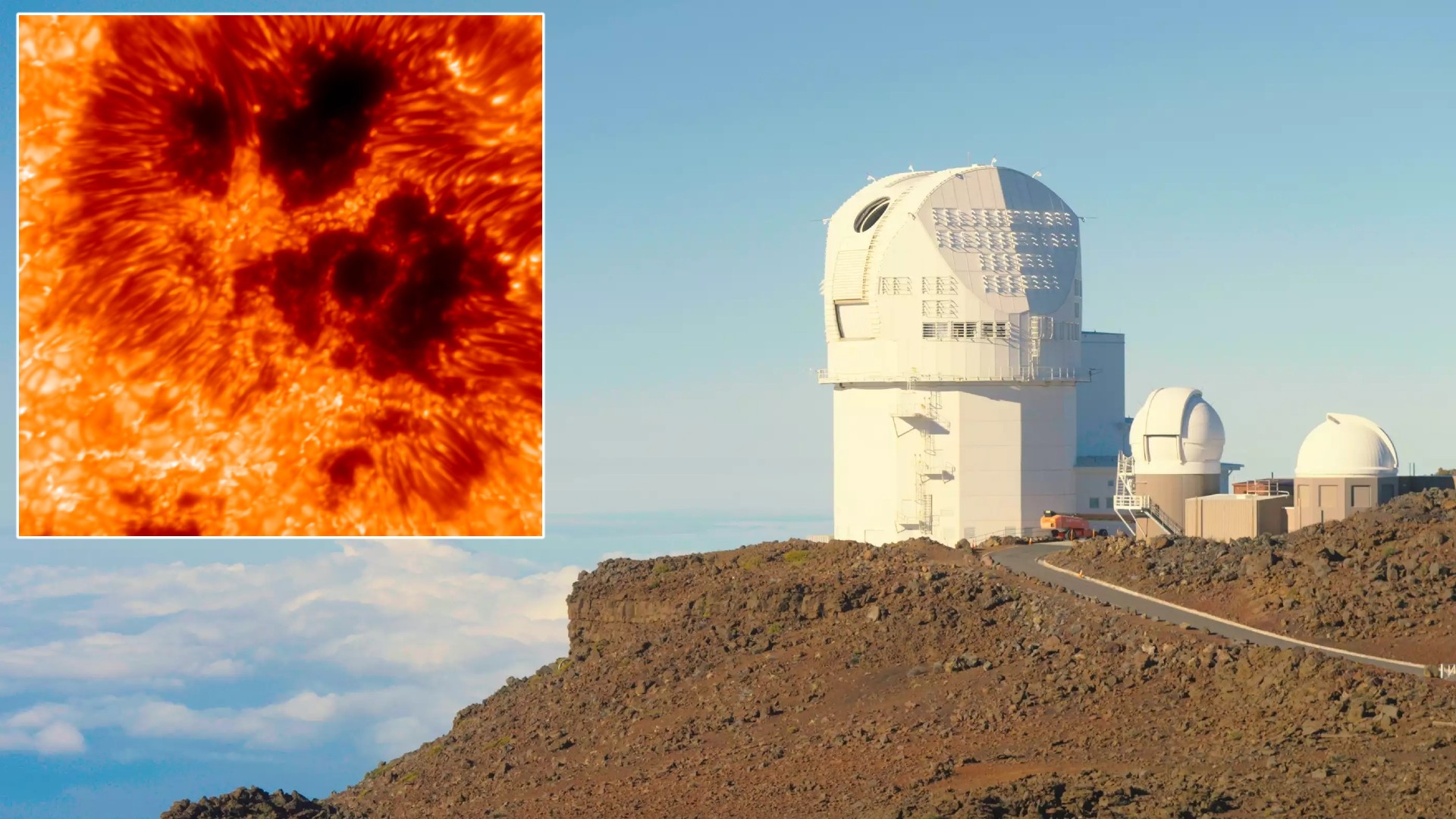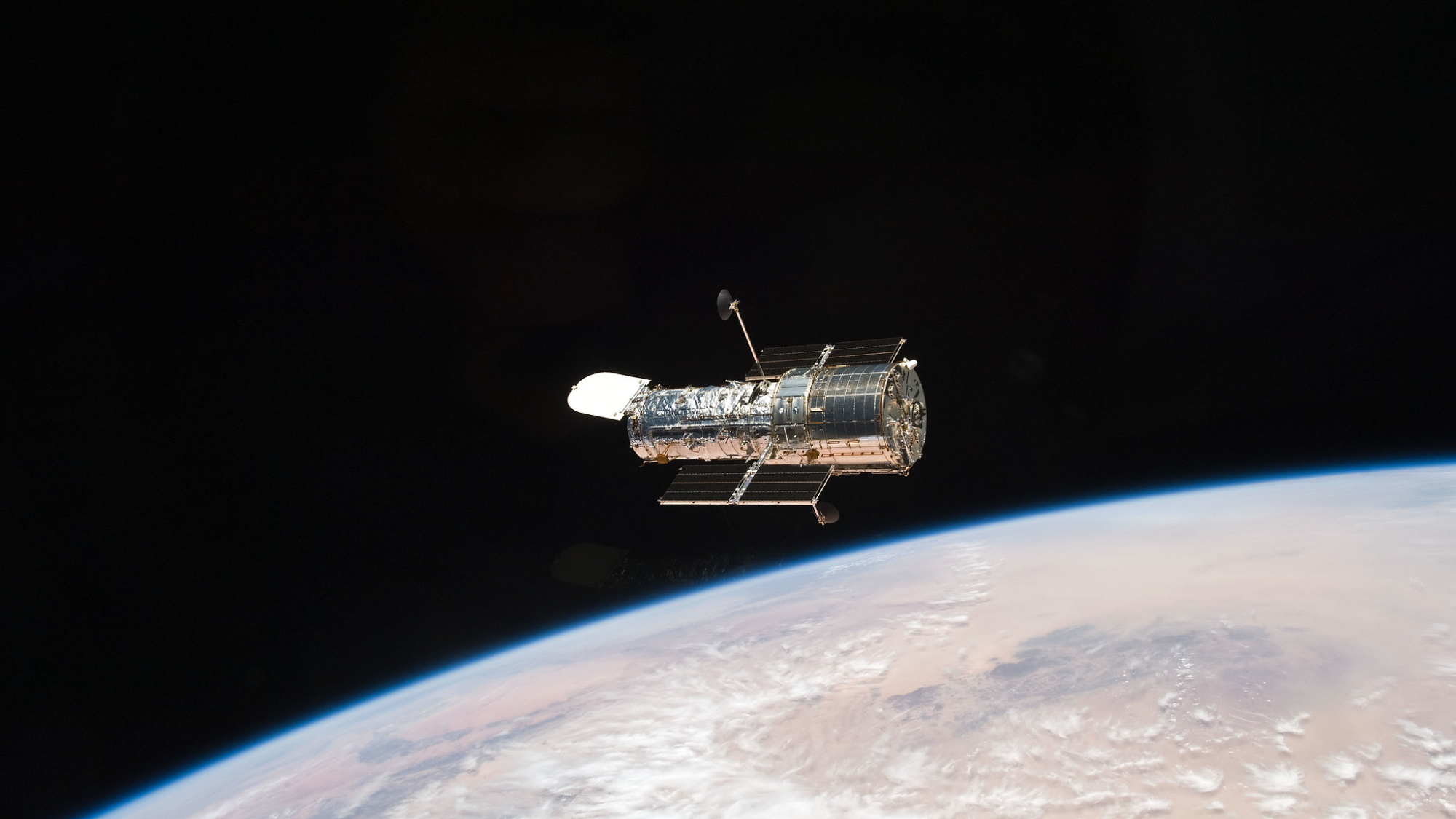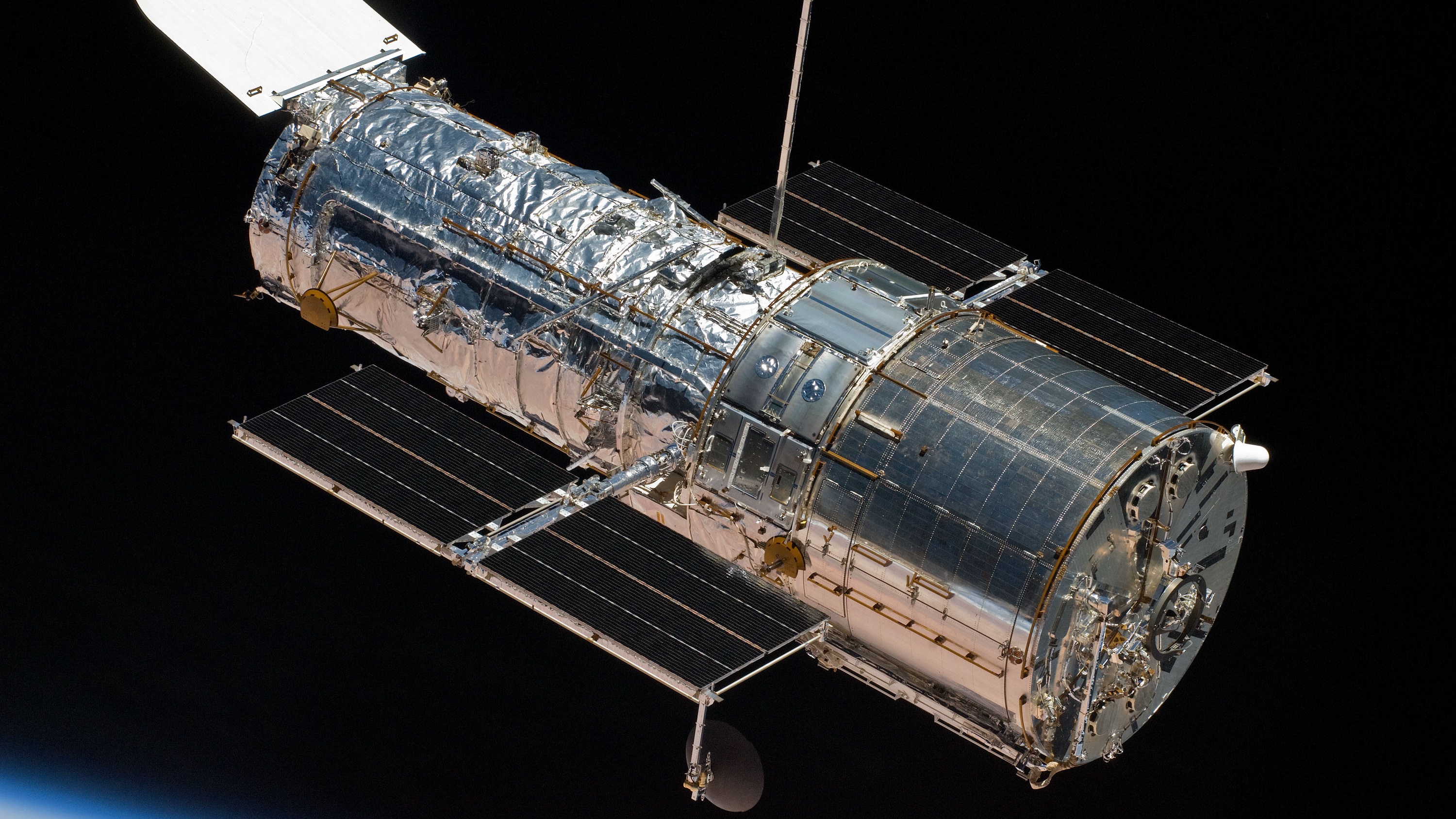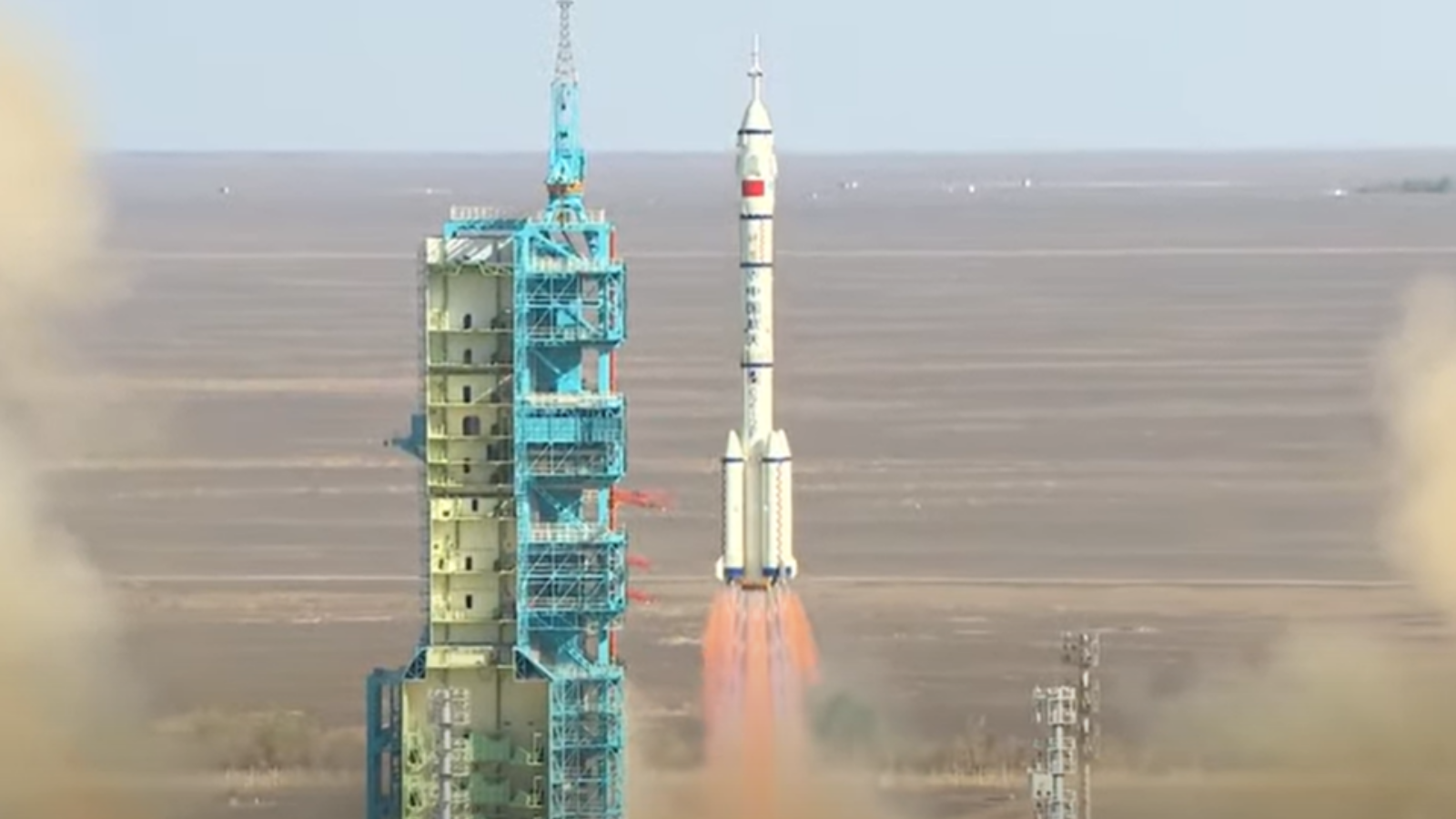Loner Black Holes Lurk in Cosmic Voids
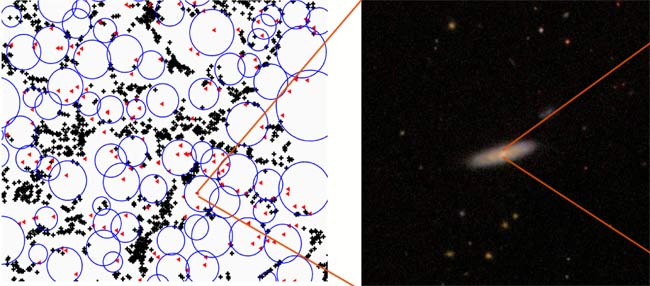
HONOLULU?Monsterblack holes can be loners, lurking in cosmic voids where stellar food issomewhat unavailable and neighbors seem nonexistent, a team of scientistsannounced.
The darkleviathans have adapted to their recluse lifestyles by growing at slower ratesthan their city-dwelling relatives.
The resultsshed light on the formation and evolution of both supermassive blackholes?weighing millions to hundreds of millions times that of the Sun?andgalaxies. In recent years astronomers have found evidence that black holes andtheir host galaxies can interact and affect one another?s evolution.
Cosmicvoids
Get the Space.com Newsletter
Breaking space news, the latest updates on rocket launches, skywatching events and more!
The cosmicvoids are regions containing few galaxiesand span hundreds of millions of light-years across, filling up half theuniverse. Only 5 percent of all galaxies reside in these bubble-like regions,with 95 percent of galaxies packed together in clusters, akin to celestialcities.
AncaConstantin of Drexel University in Philadelphia and her colleagues studied morethan 1,000 void galaxies within a 700-million light-year slice of the universeusing the Sloan Digital Survey (SDSS-II), finding that supermassiveblack holes are just as common in void galaxies as they are in so-calledwalls, which are tightly packed groups of galaxies that form a sort of wallstructure.
?Interestingly,we see actively accreting black holes in all phases of evolution in thesesparse regions,? said Constantin, who presented the research here this week ata meeting of the American Astronomical Society.
Black holesare thought to begin their lives as voracious feeders, sucking in, oraccreting, nearby material and continuing to bulk up. ?They grow and grow andat some point they either get lazy or they just run out of fuel,? Constantintold SPACE.com.
Findingblack holes all along this growth continuum ?means that the black hole growthprocess is quite similar in what could be compared to the most reclusivecountry sides and in the crowded urban regions of the universe,? Constantin said.
Differentlifestyles
However, Constantinand her team did find some subtle differences between black holes within the "rural"and "city" galaxies. They found more black holes at earlier stages intheir evolutionary process within void galaxies, meaning the black holes werestill in the active-feeding stages of their life cycle.
In crowdedgalactic regions, they identified more supermassive black holes at later stagesin their evolutionary process, suggesting ?cities? are conducive for fasteraccretion rates.
?The voidgalaxy black holes might take longer to reach the mature, low accretion ratephase, which might explain why the most massive, lazy black holes are lessfrequent in voids,? Constantin said.
It could bethat galaxies in "void" areas have less food around. However,recently scientists found that void galaxies support higherstar-formation rates, which would suggest there?s more gas and dustaround?the same food that fuels black hole growth.
?This isstrange given that these reclusive galaxies are forming stars at higher ratesthan their counterparts in denser regions,? said co-researcher Fiona Hoyle, anastronomer at Widener University in Delaware. ?This means there is plenty offuel, but it is not efficiently channeled toward the central engine.?
So perhapsinteractions between galaxies could explain the different accretion rates, thescientists said. Interactions among galaxies can act to ?knock? some of the gasand dust into the nuclear region where it?s free fare for a central black hole.In less populated regions of the universe, such galactic get-togethers are muchless frequent, which could lead to less fuel for black holes.
?Theseinteractions are not as frequent in voids, so the ?feeding? of the black holeis slower,? Constantin said.
- Top 10 Star Mysteries
- Vote Now: The Most Amazing Galactic Images Ever
- All About Black Holes
Join our Space Forums to keep talking space on the latest missions, night sky and more! And if you have a news tip, correction or comment, let us know at: community@space.com.
